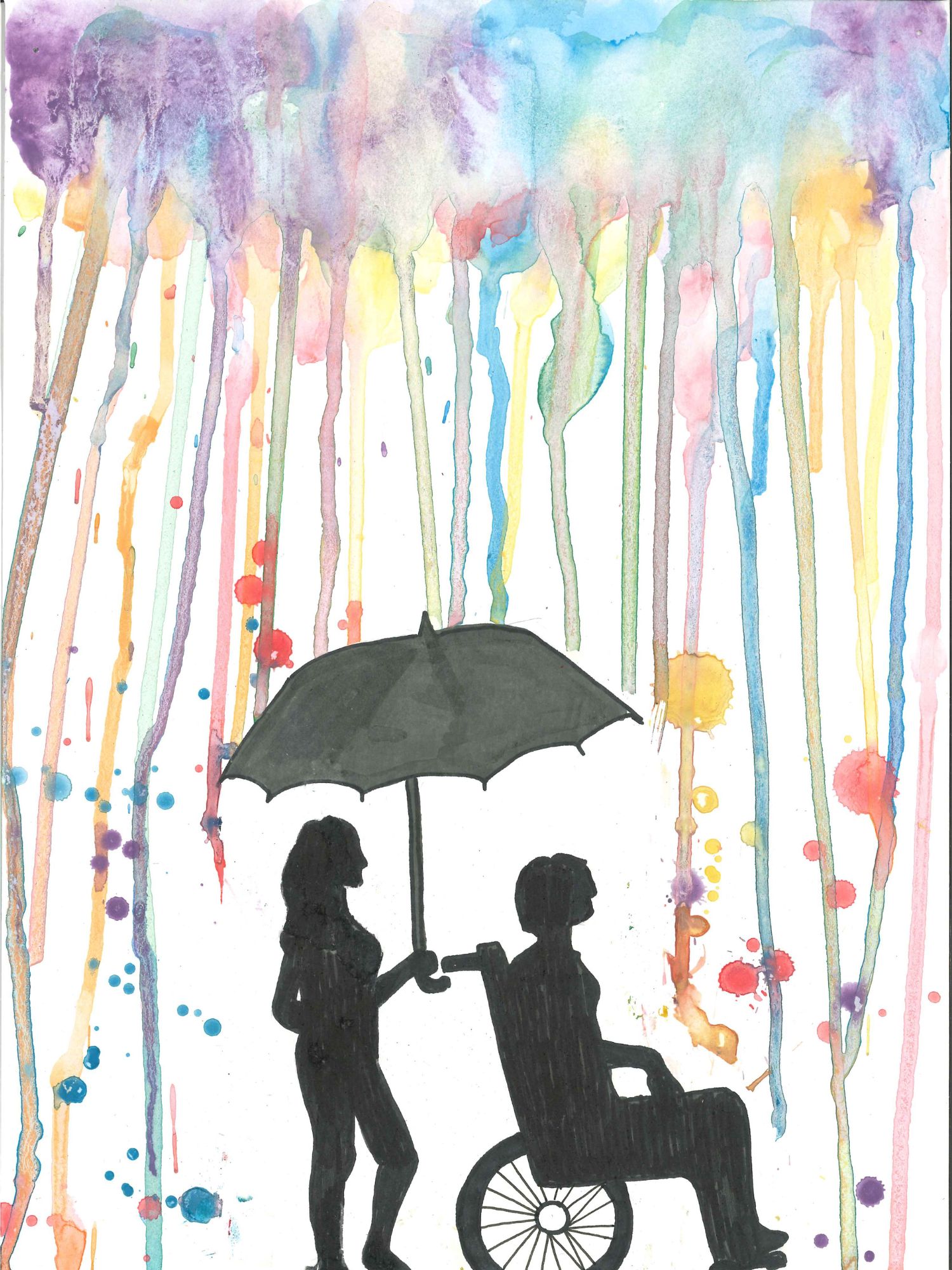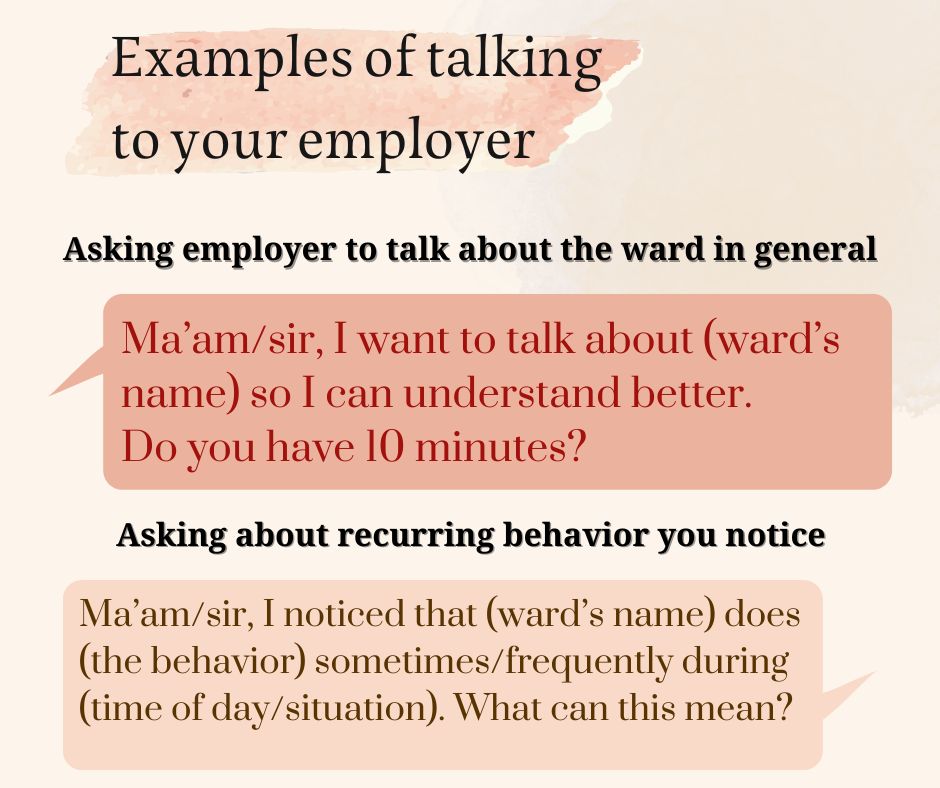Written by Inna Abrogena
Edited by Michelle Yau
Updated on 20 April 2023
13 May, 2024

Written by Inna Abrogena
Edited by Michelle Yau
Updated on 20 April 2023





With enough time with your ward, you may even learn things about your ward which can be new information to their parents or family members. Keep them updated not only when there are problems but also when your ward has made some progress! To conclude, caring for a ward with a disability is challenging and sometimes it can be very stressful or lonely.
At the same time it can be very rewarding because of how much your support means to your ward and their family. You are making a real impact in your ward’s life. Give yourself a pat on the back for doing the best you can!

